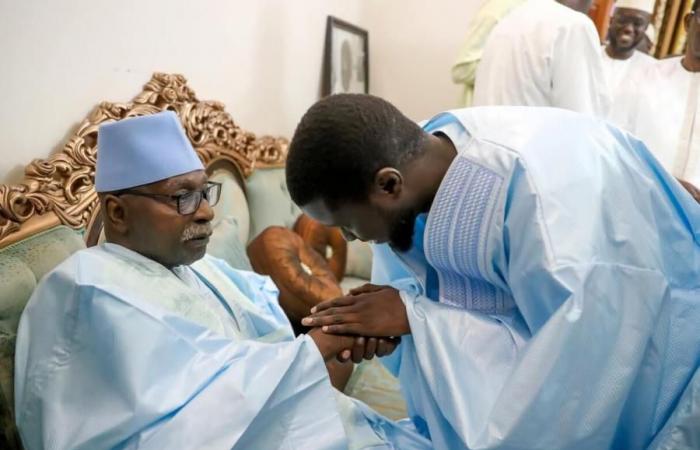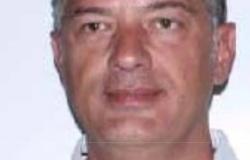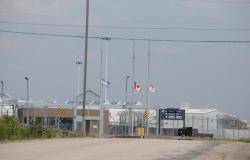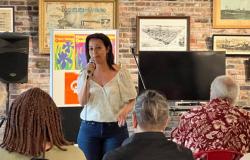(SenePlus) – Senegal, a nation renowned for its cultural and religious diversity, has always maintained close relations between the religious and political spheres. A study conducted in December 2023 by the Timbuktu Institute in partnership with the Konrad Adenauer Foundation, entitled “Perceptions of the place and role of religious actors in the electoral game of Senegal,” sheds detailed light on the influence and challenges facing face religious actors in the Senegalese electoral context.
Since independence, Senegal has seen a significant overlap develop between its political and religious leaders. Historically, religious leaders have played a stabilizing role in moments of crisis, as was the case during the events of March 2021 where religious interventions helped to ease political and social tensions. This legacy is still evident today, as religious guides continue to be influential actors in conflict regulation and political mediation.
The study reveals that 62% of Senegalese believe that religious guides must intervene in the political game. This opinion is shared by both young people and older people, highlighting the perceived importance of these religious figures as mediators and influencers in the electoral process. Their support can confer additional legitimacy and credibility to certain candidates or political parties, strengthening electoral mobilization and influencing the decisions of political leaders.
However, this influence is not without controversy. A majority of 58% of respondents, particularly among young people and in certain regions such as Tambacounda, express reluctance towards the involvement of religious actors in the electoral process. Some political and social leaders suggest that clerics should focus on their spiritual and educational role, rather than actively engaging in electoral politics.
The question of secularism remains central to this debate. Senegal, although predominantly Muslim, is a secular republic where the separation between state and religion is constitutionally established. However, in practice the boundaries are often blurred. The study highlights the complexity of entirely dissociating religion from politics in a country where the religious imagination is deeply rooted in the national consciousness.
As the 2024 elections approached, the prospects for increased religious involvement in politics remained uncertain. The study suggests that their role could evolve towards being peacemakers and mediators, rather than direct influencers on electoral choices. Senegalese youth, in search of meaning and change, could also redefine this dynamic, by favoring political leaders who are independent of religious instructions.
In short, religious actors in Senegal continue to play a crucial role in political stability and social cohesion. However, their influence in the electoral field is increasingly contested, reflecting a changing society where younger generations aspire to a clearer separation between the sacred and the political.
This study offers valuable insight into these dynamics and opens perspectives on the evolution of the role of religious people in the country’s future electoral events.






